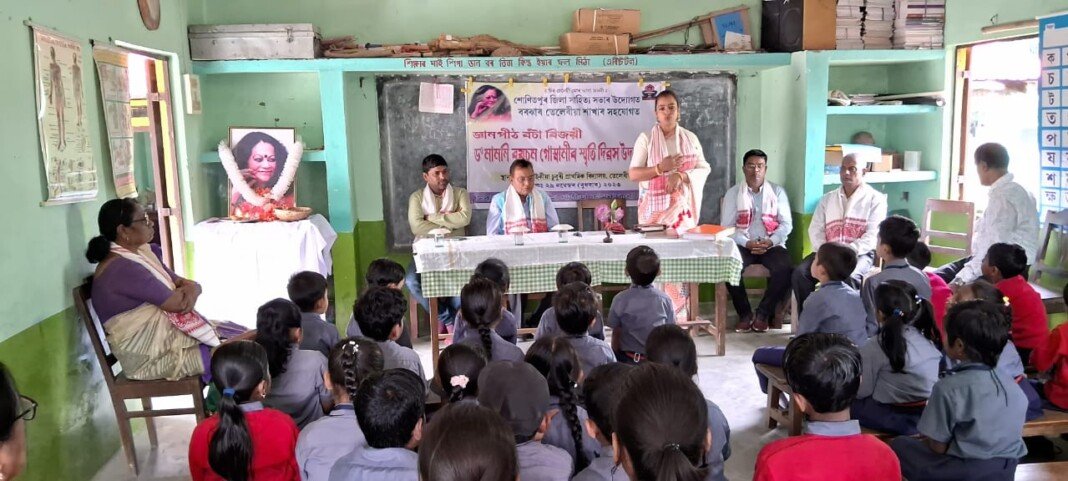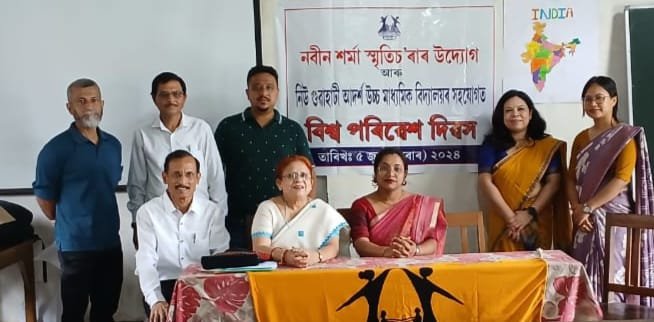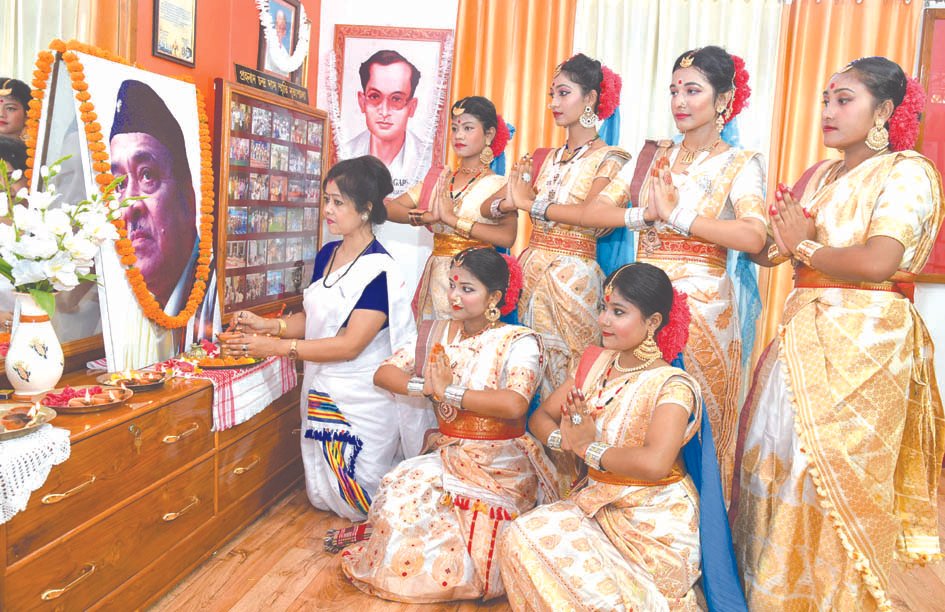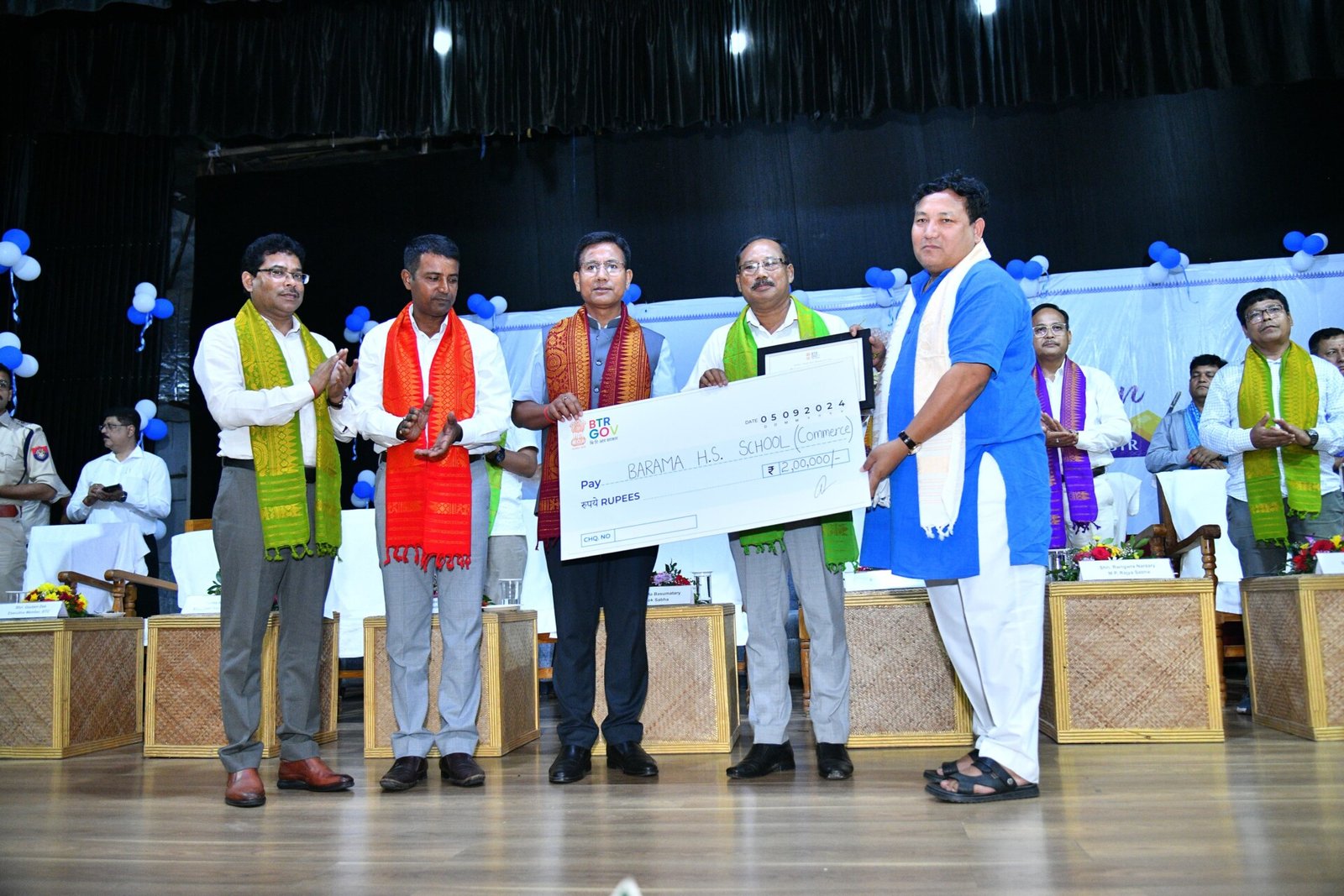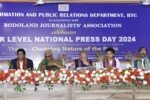HT Correspondent
TEZPUR, Dec 1: The Sonitpur Zila Sahitya Sabha, in collaboration with the Borjhar Teleria branch of Asam Sahitya Sabha, observed the 12th death anniversary of the renowned Assamese author and the first Assamese woman Jnanpith Awardee, Mamoni Raisom Goswami. The day-long program took place at 61 No. Saikia Chuburi Primary School in Tezpur.
An open meeting chaired by Dr Bhupen Saikia, president of Sonitpur Zila Sahitya Sabha, marked the occasion. Dr Dalima Kakati, assistant professor of the Department of Assamese at Lokanayak Omeo Kumar Das College, Dhekiajuli, served as the keynote speaker. In her comprehensive address, Dr Kakati delved into the life and works of Mamoni Raisom Goswami, highlighting her significant contributions to Assamese and Indian literature. Dr Goswami’s writings, including the iconic ‘Adha Lekha Dastabez’, were acknowledged for their unique and enduring impact.
Mamoni Raisom Goswami, also known as Indira Goswami, passed away on November 29, 2011. Born in 1942 at Amranga in South Kamrup, she was a distinguished storyteller who made her debut at a young age. Her contributions to Ramayani literature and her leadership as the head of the Assamese Language Department at Delhi University garnered widespread recognition. She received numerous accolades, including the prestigious Jnanpith Award and the Sahitya Akademi Award in 1982.
The program began with the hoisting of the Asam Sahitya Sabha flag by Dipu Bora, president of the Borjhar Teleria branch. A ceremonial lantern was lit, and floral tributes were offered by Dr Bhupen Saikia and Nur Bora, head teacher of the school. The event also featured a Borgeet performance by Khanjana Saikia.
Dr Bhupen Saikia, in his speech, provided insights into the challenging life of Mamoni Raisom Goswami and her scholarly contributions to Ramayani literature. The proceedings were conducted by Dulal Nath, Secretary of Sonitpur Zila Sahitya Sabha, and the vote of thanks was offered by Biplab Sarma, Secretary of the branch Sahitya Sabha. The event served as a meaningful tribute to the literary legacy of Mamoni Raisom Goswami.


